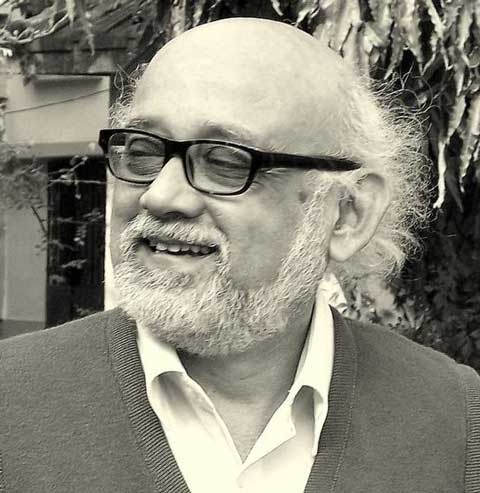
I wholly endorse Huma Dar’s critique of the Indian state’s relation to Kashmir, even though, not being Kashmiri myself, I cannot share the position from which she writes. My declared position on the Kashmir issue has always been at odds with Indian nationalist views, as indeed have my views on the hill states of north-eastern India. Politically, I have taken every opportunity open to me to condemn the operations of the Indian security apparatus in Kashmir and the north-east. I have always argued against turning the Kashmir question into an exclusive matter of bilateral negotiation between Pakistan and India and insisted on recognizing the right of the Kashmiri people to determine its own political future. My views on the north-eastern states too are shaped by similar considerations. Those who are familiar with my critique of the Indian nationalist ideology recognize my position. Needless to say, for the last three decades, I have been condemned by Indian nationalists of every hue, including sections of the Indian Left, for holding those views. I have also realized that regardless of one’s standing in the academy, the voices of people like us in India’s public domain are utterly marginal.
I felt it necessary to bring up the question of Kashmir and Tripura in connection with my statement on the boycott of Israeli institutions only to point out that I was not employing a different standard in judging colonialist claims within the territorial state of India. That statement was obviously not the place to elaborate on my critique of the Indian state ideology. I was merely explaining my way of negotiating, as a private individual, the terrain of national and colonial power relations in which one is necessarily implicated. I do not mean my refusal to visit Kashmir or Tripura to serve as a demonstrative act of resistance, nor indeed do I mean it to be exemplary in any way. It is merely a personal ethical choice that I have never before felt it necessary to talk about in public. I did not mention in my essay the north-eastern hill states not because I accept their relation to the Indian state as unproblematic but because I did once visit those states – in the early 1970s. That visit, and the experience of being an “Indian” in Indian-occupied territory, left a deep impression on me. Since then, I have never visited Kashmir, Tripura and other such places not because I wanted to avoid observing a colonial occupation at work but because I was sure I knew exactly what I would see and yet would remain powerless to do anything about. All I have managed to do in the last forty years, besides adding my feeble voice to feeble public statements, is apologize to my friends in those places for not being able to visit them.
I fervently hope that where my generation has signally failed, another generation of young Kashmiris like Huma will, with their intelligence and commitment, succeed in changing things in those unhappy regions of India.
Note: Received via email from Ayça Çubukçu, Thurs, Sep 10, 2015 at 11:57 PM GMT.
One thought on “On Kashmir, Tripura and Other Such Places: Prof. Chatterjee’s Response”